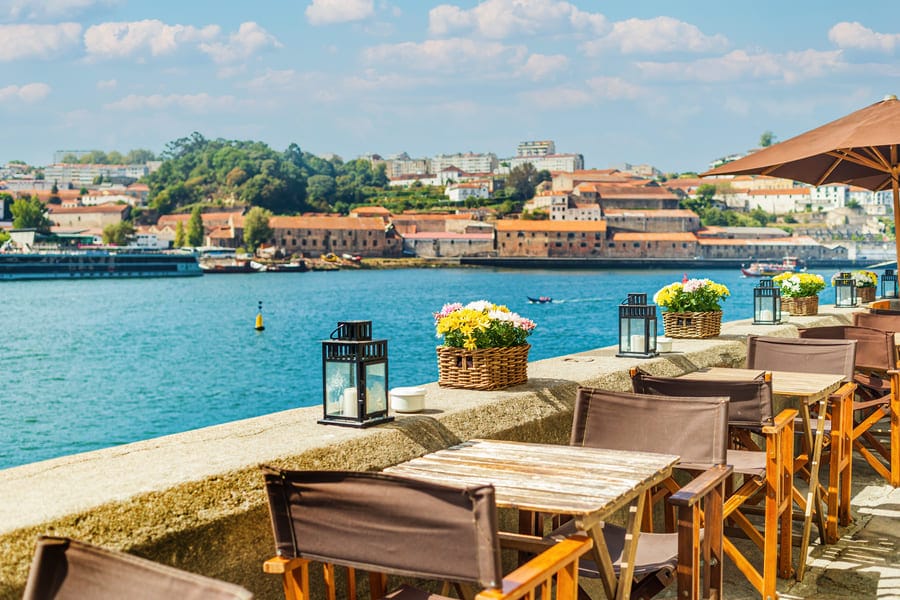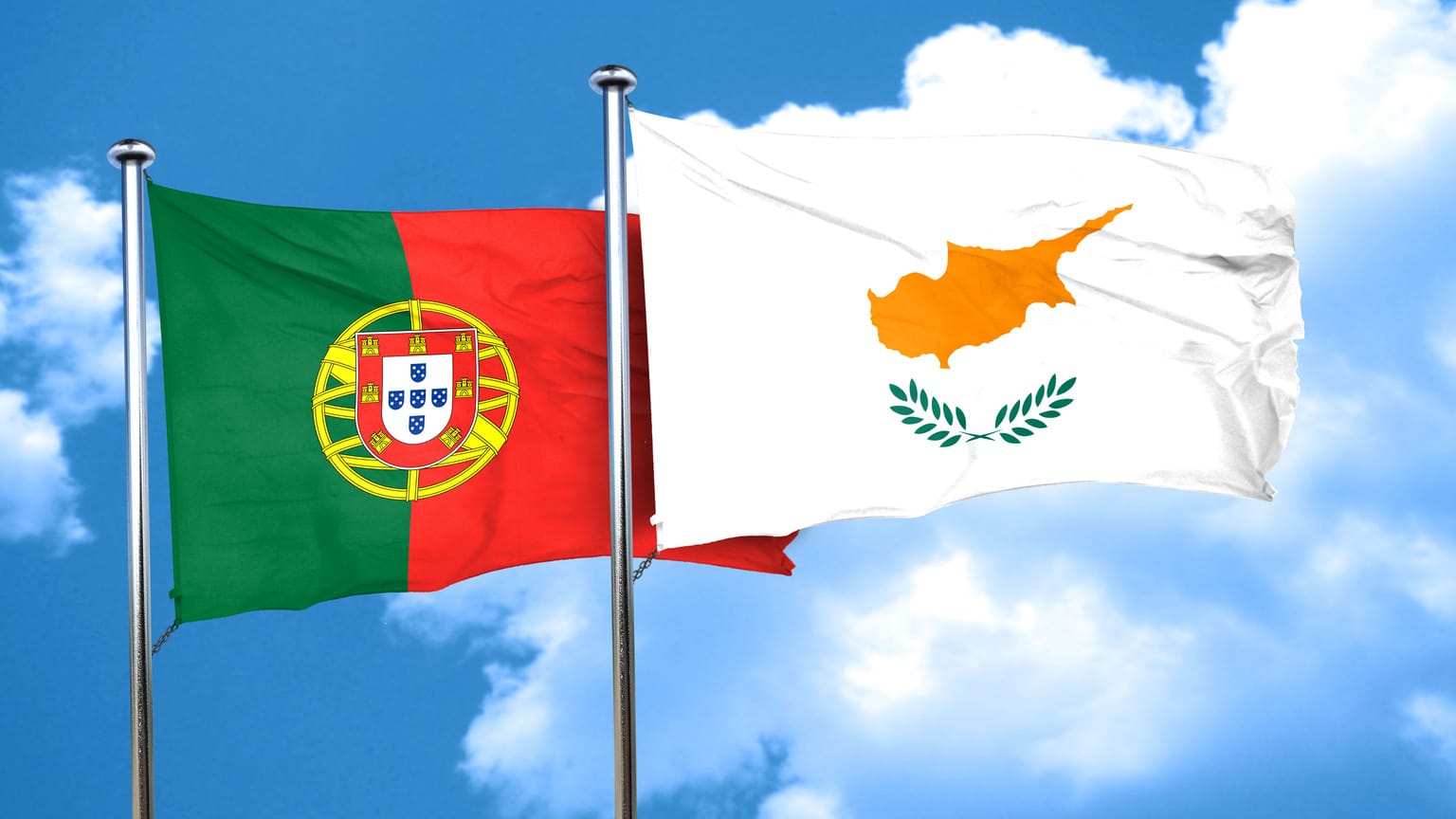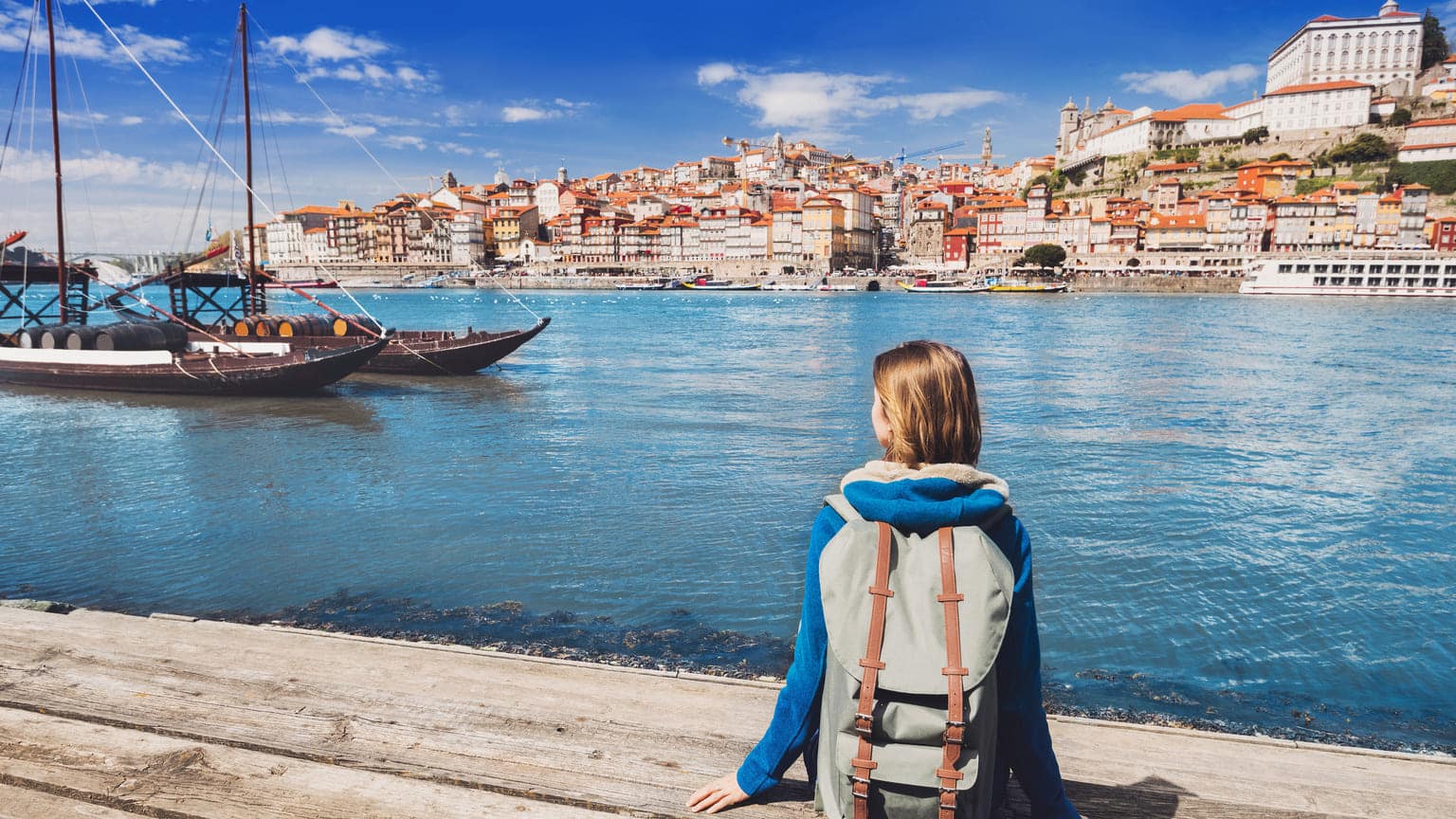The Portugal Digital Nomad Visa is a national type D visa that allows its holder to reside in the country for at least a year. It is intended for freelancers and remote workers with a monthly income of at least €3,480. This visa suits professionals looking to move to a nomad-friendly place, live by the ocean and meet like‑minded people.
The Digital Nomad Visa has two options:
- Temporary stay visa — without the right to obtain a residence permit.
- Residence visa — with the right to obtain a residence permit and then citizenship.
As of 2024, over 2,600 visas have been issued to digital nomads moving to Portugal. American digital nomads have received the most visas, followed by Brazilian and British remote workers. The most popular destinations are Lisbon, Madeira, and Porto.
Portugal has frequently appeared in digital nomad ratings and was recently ranked sixth in the Global Remote Work Index of the top 10 remote work destinations.
















Hello, can I apply as a digital nomad if I earn €2,800 and have additional €500 as a rental income in my home country?
Hello,
Thank you for your question.
In such circumstances, you do not qualify for the Portugal Digital Nomad visa.
According to the rules, applicants must demonstrate income of at least €3,280 per month generated from professional activities outside Portugal. Passive income, such as rentals or dividends, does not qualify.
Hello.
Thank you for the comprehensive guide. Please let me know if I can provide my services in Portugal if I move there as a digital nomad?
Hello Samira,
To qualify for a Digital Nomad visa to Portugal, you must work fully remotely. Digital nomads are not allowed to either work in Portugal or provide services to Portuguese citizens or companies.
Hello, I’m Brad. I work as a developer, and I want to move to Portugal with my family. Please let me know if I can have clients in Portugal when I move there. Can my wife be employed there?
Hello Brad,
Thank you for your question.
No, neither you nor your wife can have clients or be employed in Portugal if you obtain a Digital Nomad Visa. This type of permit only allows remote work for foreign companies and does not permit working for Portuguese clients or being employed in the country.
Hello. I am from the UK and my employer is based in the Netherlads. Taking into account that my employer is EU-based, can I still qualify for the Digital Nomad visa to Portugal?
Hello John,
Thank you for your question.
Yes, you can qualify for the Portugal Digital Nomad visa if you meet the minimum income requirement and earn at least €3,480 per month.
According to the Portugal Digital Nomad visa requirements, the applicant must have remote income generated solely outside Portugal. Income from other EU countries qualify.
I want to move to Portugal with a passive income visa with my wife and a child. The source of income is apartment rentals. However I wonder if my wife and me will be able to look for a job in Portugal or work remotely?
Hello Oliver,
Thank you for your question.
Yes, you can seek employment in Portugal once you’ve obtained your residence permits. However, while holding a D7 visa, you cannot be employed by a Portuguese company. Remote work for a non-Portuguese employer or running your own foreign-based business remotely is permitted.